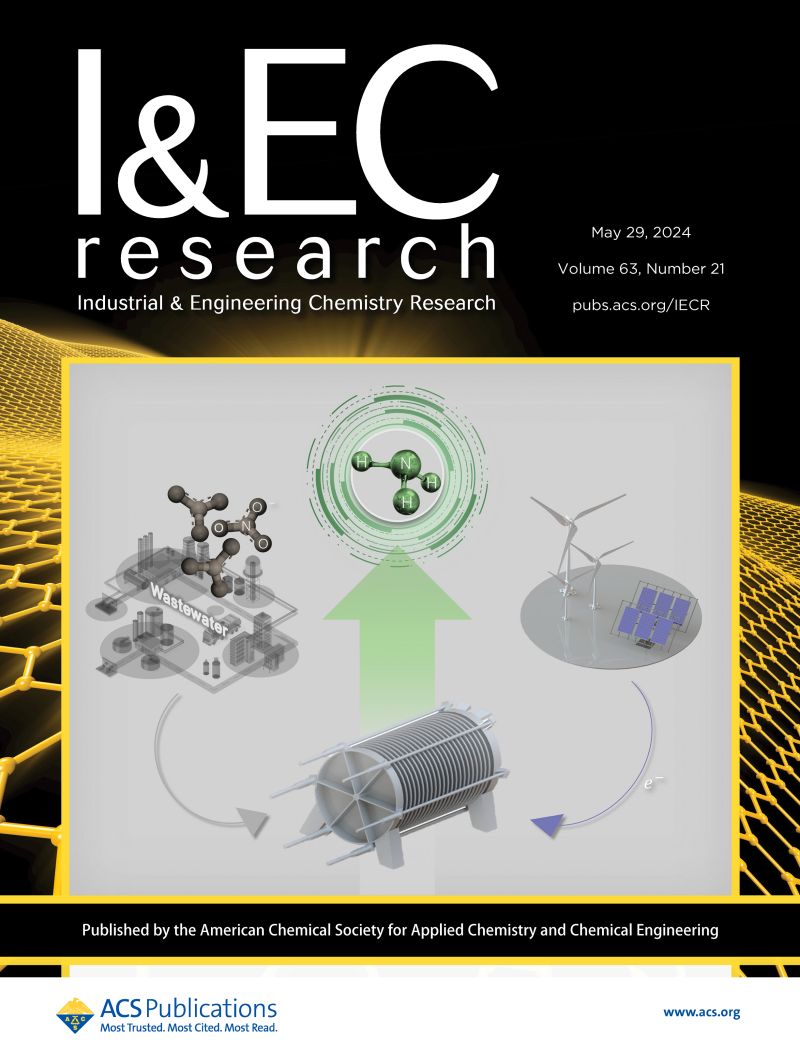Optimal Retrofit of Carbon Capture and Electrification Technologies in Oil Refineries for Reducing Direct CO2 Emissions
IF 3.8
3区 工程技术
Q2 ENGINEERING, CHEMICAL
引用次数: 0
Abstract
The chemical industry is making significant investments in clean energy technologies, such as green hydrogen, carbon capture and storage, electric heating, and electrochemical processes to reduce carbon emissions. However, uncertainties regarding investments in recent technologies, fluctuating electricity and carbon prices, and the need to balance existing infrastructure with new ones complicate the transition. In this study, we develop a mixed-integer linear programming formulation to determine the most cost-effective transition for the decarbonization of oil refineries, incorporating electrification for steam generation, green hydrogen production, or carbon capture for blue hydrogen production and other emission sources. Two case studies that consider different refinery configurations are presented. Overall, the results of our simulations indicate that (i) natural gas with carbon capture is more economically favorable than electricity-based options, unless there are significant reductions in electricity prices or stricter emission regulations are imposed; (ii) carbon taxes or credits drive earlier adoption of capture technologies but do not promote electrification.

炼油厂碳捕获和电气化技术的优化改造,以减少直接二氧化碳排放
化工行业正在大力投资清洁能源技术,如绿色氢、碳捕获和储存、电加热和减少碳排放的电化学过程。然而,近期技术投资的不确定性、电力和碳价格的波动以及平衡现有基础设施与新基础设施的需要使转型复杂化。在本研究中,我们开发了一个混合整数线性规划公式,以确定炼油厂脱碳的最具成本效益的过渡,包括蒸汽发电的电气化,绿色制氢,或蓝色制氢和其他排放源的碳捕获。给出了考虑不同炼油厂配置的两个案例研究。总体而言,我们的模拟结果表明:(1)除非电价大幅下降或实施更严格的排放法规,否则具有碳捕获的天然气在经济上比基于电力的选择更有利;(ii)碳税或碳信用促使碳捕集技术的早期采用,但并未促进电气化。
本文章由计算机程序翻译,如有差异,请以英文原文为准。
求助全文
约1分钟内获得全文
求助全文
来源期刊

Industrial & Engineering Chemistry Research
工程技术-工程:化工
CiteScore
7.40
自引率
7.10%
发文量
1467
审稿时长
2.8 months
期刊介绍:
ndustrial & Engineering Chemistry, with variations in title and format, has been published since 1909 by the American Chemical Society. Industrial & Engineering Chemistry Research is a weekly publication that reports industrial and academic research in the broad fields of applied chemistry and chemical engineering with special focus on fundamentals, processes, and products.
 求助内容:
求助内容: 应助结果提醒方式:
应助结果提醒方式:


